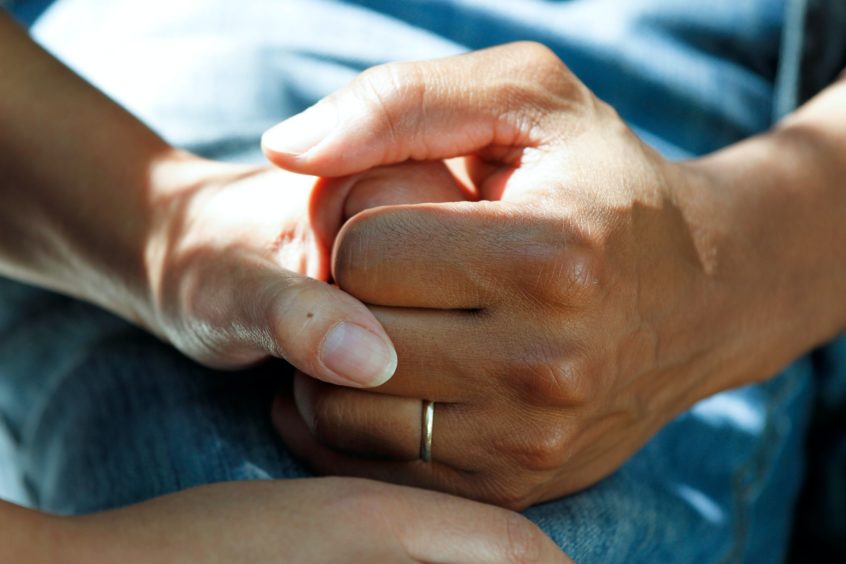Evidence of an in-service disease, injury, or event.

If you read our post, What is In-Service Connection and Am I Eligible for Disability Compensation for My Injury?, you know that the second requirement for collecting disability compensation from the VA is to prove that an in-service disease, injury, or event caused or aggravated your disability. But how can you prove this requirement?
Evidence for an in-service event or injury depends upon the situation that caused the disability and the type of disability itself. When you consider what evidence to present, you may want to reflect on what happened during your service that caused your symptoms?
For example, if you are seeking disability benefits for chronic back pain, then you may want to submit evidence of the event that caused the back pain, such as proximity to an explosion that caused the back injury.
Service and Medical Records – the Easiest Form of Evidence
The easiest and most common forms of evidence provided are service and medical records, which you should already have if the relevant event has been previously recorded. Service and medical records can be used for both physical and mental symptoms. Additionally, they may provide written assistance in establishing your location during events or circumstances that were harmful to you. For example, service records may be helpful in establishing that you were in a location exposed to Agent Orange.
What if I Don’t Have Sufficient Medical or Service Records?
If you do not have sufficient medical or service records, you may still prove the in-service connection. Expert medical opinions may fill in the gap of previous records.
Do I Need Medical Evidence for All Disability Claims?
For the most successful chances of your claim being approved, it is suggested to submit corroborating evidence for in-service events. However, the VA recognizes that in-service events may not always have documentation.
Additionally, specific situations require the VA to accept the in-service event statement by the applicant. For example, a veteran who served in combat must be taken at their word, as long as evidence of the disability is in line with the claim.
For Military Sexual Trauma, you also do not need to provide medical evidence of your report in-service because the VA acknowledges these incidences are often not reported. Instead, statements from coworkers and loved ones may be sufficient.
You should also be aware that it is the VA’s duty to assist you in proving your in-service disability connection. For more information on this duty, click here.
If you have more questions about evidence for in-service events or need assistance filing your disability claim with confidence, please contact us today at 855-312-5575.
